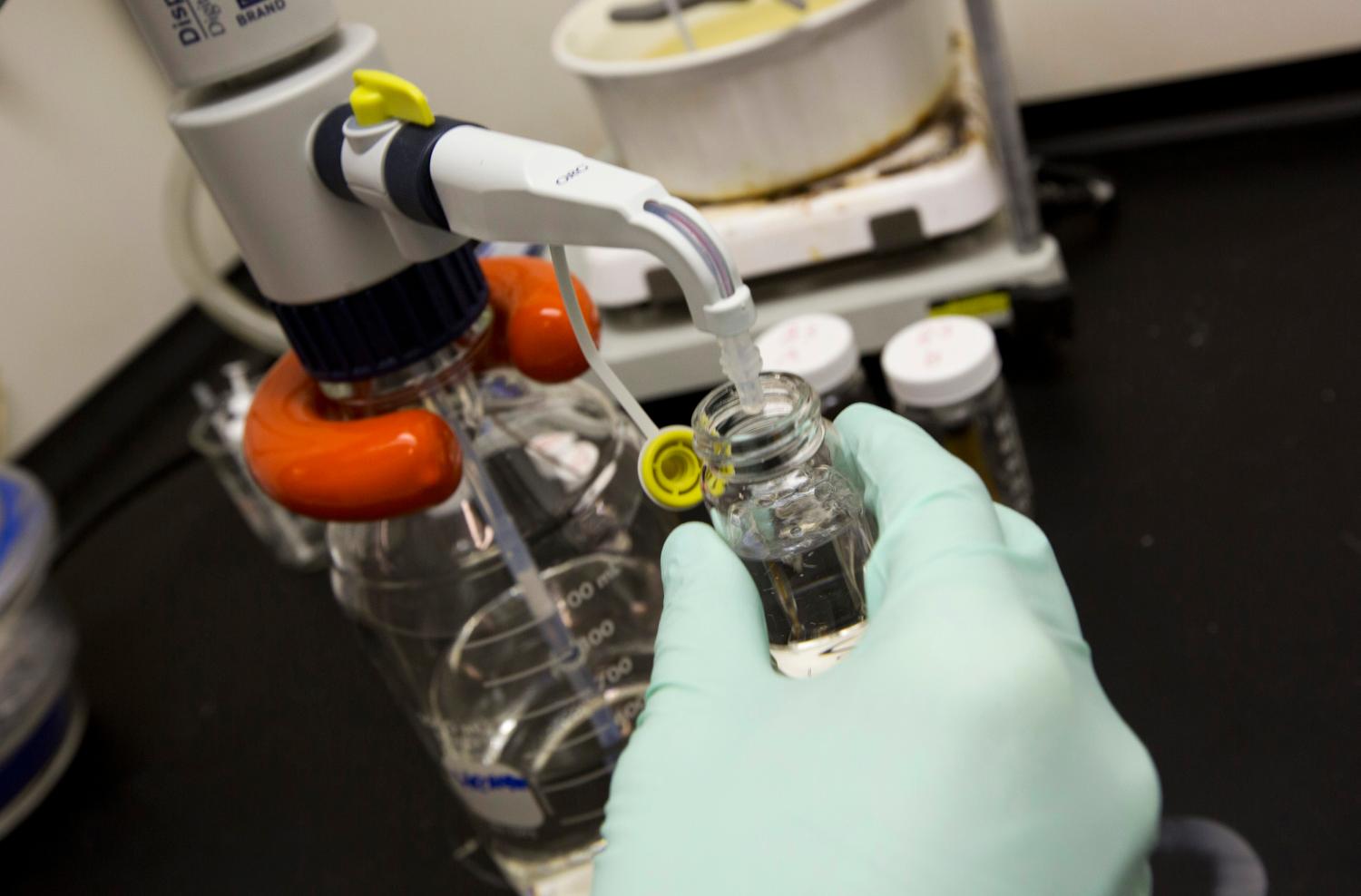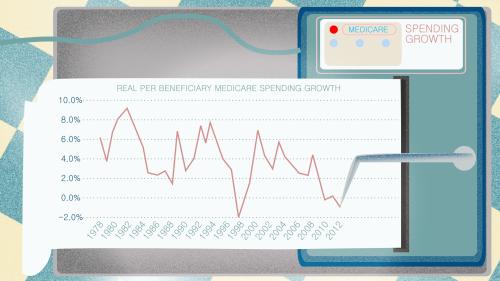This brief analyzes entrepreneurship and job creation in the U.S. life sciences sector—defined as the group of industries engaged in the application of biological science and related knowledge for commercial purposes, primarily for human health care. This definition contains three major subgroups: drugs and pharmaceuticals; medical devices and equipment; and research, testing, and medical laboratories.
Building on previous research that highlights the importance of entrepreneurship and business dynamism to innovation, productivity, and net job creation, this brief analyzes how those trends apply to the life sciences sector. Overall, the life sciences sector plays an outsized role in new job creation and makes important contributions to entrepreneurship—not to mention the perhaps immeasurable benefits these firms play in enhancing and extending human life.
However, these trends have waned over time—matching previously documented declines in job creation, business dynamism, and entrepreneurship across a wide range of sectors and geographies. A variety of factors may have contributed to this—some specific to life sciences, others not. The precise causes of this decline remain unclear, but what is certain is that the innovation, productivity, and net job creation unleashed by these startups requires a regular flow of new firm formations far in excess of what we’ve seen in recent years.
Finally, there is considerable variation within life sciences. The drugs and pharmaceuticals segment is particularly dynamic, as exhibited by steadily increasing firm formation and very high rates of net job growth for young startups. The research, testing, and medical labs segment has outperformed the private sector as a whole on a number of measures, but was hit hard during the recent economic downturn. Entrepreneurship and net job creation in medical devices and equipment have been on a secular decline over the last two decades—firm formations are down more than fifty percent, and those that are born create fewer new jobs.









